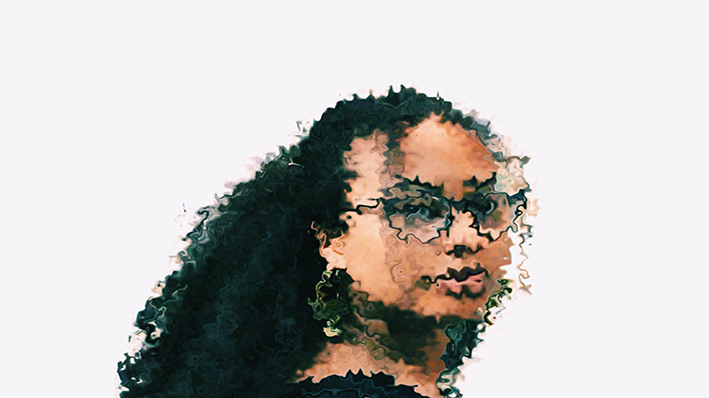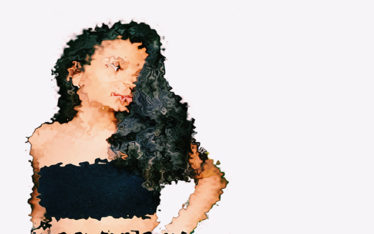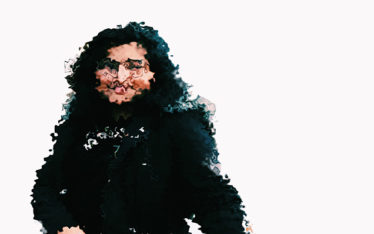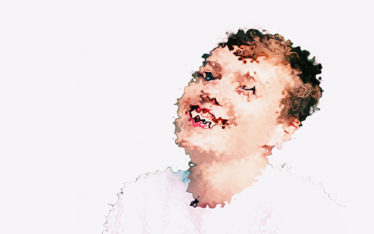
Whether in majority English-speaking provinces or in Québec, no one has succeeded in fixing the problems of inequity, social injustice, racism or discrimination... Schools that are uncritically operating in either multicultural or inter-cultural policy frameworks tend not to develop clear and fair systems that actively affirm the rights of immigrant, racialized, Black and Indigenous students. Mathilde Djeneba Billau sheds some light on the topic, drawing on her personal experiences.
Where did you grow up?
Mathilde Djeneba Billau: I grew up in Canada. My parents, French and Malian, moved from Côte d’Ivoire to Canada when I was 3 years old. I therefore only have memories of this country that I call home.
Exposure to culture / ethnic diversity?
I’ve been exposed to a great deal of diversity throughout my life as Canadian society is very diverse. In addition, I live very near the capital city which attracts many immigrants. I’m also aware that in the province of Quebec, in the more isolated cities, diversity is scarce and xenophobia more present.
What was your degree of awareness of racism in your upbringing?
Both my parents had very different experiences when they immigrated into this country. My dad struggled a little bit as Quebecers tend to have a certain aversion for French people due to the history of disregard for the French Quebec language. However, my mom experienced racism on a whole other level. It was more latent, persistent, hurtful.
As a mixed-race kid, I always had more privilege than my mom but not the same respect as my dad. I was deemed to be light enough to pass as exotic or even to embody a trend but too dark to be accepted fully. People always had a hard time believing I was also French. I remember instances of my mom using me to address people as she knew I would receive a better treatment.
Are you aware of institutionalized racism / existence in your respective country?
Canada’s history lacks accountability for the mistreatment and the ongoing injustices that its minorities experience. For native Americans firstly, but also for Black Canadians and other groups. I learned about the residency schools that had for a purpose the assimilation of indigenous people. However, they always seem to forget about the current lack of accountability for their issues. And although our president claims to want reconciliation, the reality still remains far from optimal.
Racial profiling and police brutality are also a reality in Canada, where these practices are indeed much less documented.
Degree of your own awareness of racism in your everyday life / community?
I have grown up in a country where racism is not openly spoken about. I believe people from Canada like to hide behind the comparison with the US as an example of how much better our society is in terms of treatment of minorities. However, Canada, and mainly Quebec’s society, which I can only speak for, as it is the province in which I live, is deeply rooted in racism. For example, many public places still have the n word in their names. And most importantly, they won’t let us forget the treatment of indigenous people and the ongoing cases of missing indigenous women.
How has anti-racist activism been received in your respective country?
The country has organized many marches for the Black Lives Matter movement. I participated in my region and was surprised by how peaceful the march was in Ottawa. Trudeau indeed took part in it, which raised contrasting views.
How is your country addressing the issue/ do YOU think your country could be doing a better job at addressing working to resolve racism?
My country is currently planning an investigation to determine if there is structured racism in Canadian institutions. However, there is much division on this topic from the political parties that sit at the general assembly, which was covered recently in the media. I also think Canada should put more effort into the treatment of its indigenous people, as not enough is done on that matter.
About the Article
Reflections on racism today in Canada by an immigrant from Côte d’Ivory.



